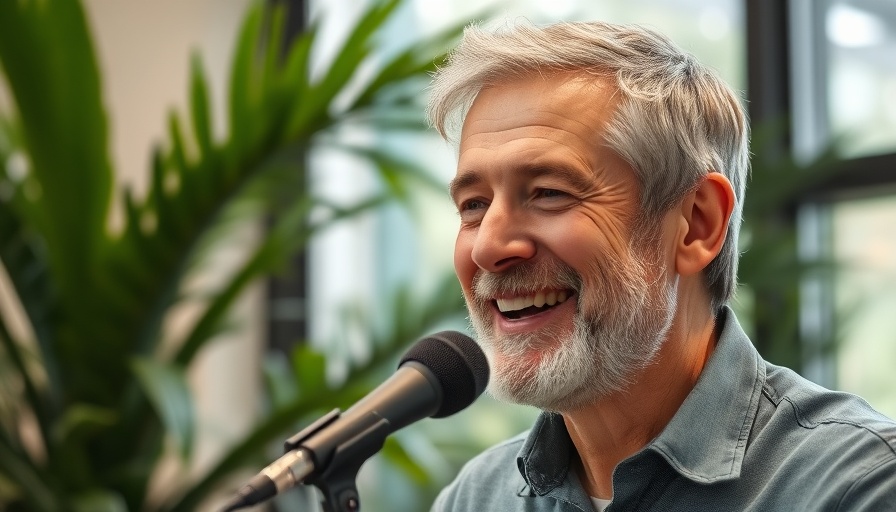
New Zealand's Groundbreaking Move for Mental Health
New Zealand has joined the ranks of countries recognizing the potential of psilocybin, the psychedelic compound found in magic mushrooms, as a treatment for mental health issues, specifically treatment-resistant depression. This legislative move allows for regulated therapeutic use under specific guidelines, sparking hope for many individuals struggling with mental health challenges. Patients facing these grim conditions may find themselves at the intersection of innovative science and compassionate healthcare.
Understanding Psilocybin: More Than Just a Hallucinogen
Psilocybin mushrooms have been demonized and classified as dangerous substances for decades. However, recent research and clinical trials indicate that they may play a significant role in alleviating symptoms of depression and anxiety. This shift in perception mirrors a broader societal trend toward acknowledging the value of alternative treatments for mental health issues, such as those we've seen in the realms of herbal medicine and naturopathic practices.
A Global Perspective: Psilocybin's Acceptability Worldwide
The approval in New Zealand is not an isolated event. Countries like Australia and Switzerland have already paved the way for incorporating psilocybin into medical treatments. Australia authorized certain psychiatrists to prescribe psilocybin as part of a regulated model, while Switzerland has included it in its medical arsenals since 2014. Such global movements highlight an encouraging narrative: mental health treatment is evolving toward more inclusive models that consider a broader range of options.
Current Trends in Medicinal Use: A New Wave of Acceptance
As New Zealand takes this step, other nations are watching closely. The precautions established, such as requiring approval from a designated psychiatrist and adhering to strict guidelines, signal an effort to tread carefully into the world of psychedelics. The possibility of expanding the psilocybin access could trickle down into community health initiatives and wellness programs aimed at promoting optimal mental health.
Comparative Analysis: How Does Psilocybin Stack Up Against Traditional Treatments?
When juxtaposed with more conventional therapies, such as SSRIs or other pharmaceuticals, psilocybin’s potential is captivating. Research shows that standard antidepressants can take weeks or even months to have an effect, whereas psilocybin has demonstrated quicker, though still variable, results. This poses new questions regarding how we can incorporate such treatment modalities into existing health and wellness frameworks.
Embracing the Unknown: Risks and Considerations
While psilocybin presents exciting possibilities for treating mental health conditions, it is not without its challenges. Side effects such as altered perceptions and anxiety can occur, raising concerns about unsupervised use. This drives home the necessity for educated professionals to guide patients through the process. This scenario echoes wider discussions in natural therapies, where knowledge and support are pivotal for success.
Call to Action: The Journey Ahead
As we embrace the possibility of psilocybin for mental health treatment, it is essential for individuals to educate themselves and advocate for their own mental well-being. Understanding the evolving landscape of alternative medicine and actively participating in health and wellness discussions can empower those struggling with mental health issues. Let's create a dialogue around these changes and seek resources within our communities, including wellness events and workshops.
 Add Element
Add Element  Add Row
Add Row 



Write A Comment